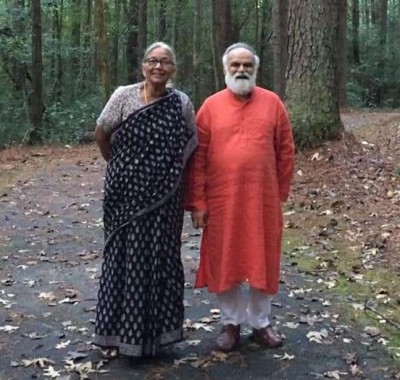


It is going to be the same difficulty that Krishna had created for himself.

And there is no contradiction between the two roles. He can play the flute and he can dance, and with the same ease he can fight his enemy in the battlefield with his chakra, his wheel-like weapon.

His significance, his greatness lies in the fact that he is all things together, all things rolled into one, all contradictions living hand in hand, and there is a great harmony in all his contradictions. Shorn of it he becomes meaningless, insignificant. My own view is that with all these contradictions there is only one Krishna, and that is his great ness and glory.To do so, it will be necessary to put aside all our concepts and categories and all our prejudices. It would be better if, instead of looking at Krishna through the screen of our concepts and categories in order to reconcile him with our conditioned minds, we look at him directly and as a whole.Now Shankara and Tilak are polar opposites. From the same GEETA, Tilak chooses karmayoga, the discipline of action, and he brings all his arguments to prove that action IS GEETA’S central message. Shankara establishes that sannyas and inaction form the cornerstones of the GEETA. So every commentator chooses from them according to what appeals to him. There are many sides to a single thing, and Krishna is a man of infinite dimensions. Every interpretation of Krishna is incomplete and partial. It is not possible, unless someone like Krishna himself comments on him. Not one commentary on Krishna is complete.


 0 kommentar(er)
0 kommentar(er)
